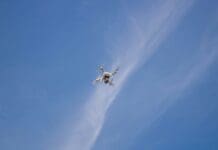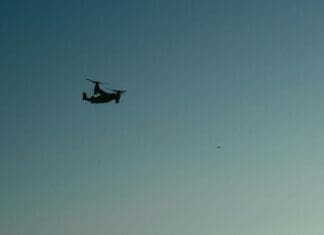This post is also available in:
 עברית (Hebrew)
עברית (Hebrew)
A major problem for astronauts performing spacewalks is very basic – how to relieve themselves. An innovative invention from Cornell University collects and filters urine and turns it into drinkable water (500ml in only five minutes).
Sofia Etlin, the study’s first author, told Interesting Engineering she was inspired by the “stillsuits” from the science fiction book “Dune” that collects sweat and urine and converts them into drinking water. A few months after reading the book, a Cornell-based start-up called Fremen Space, Inc. was founded to make this a reality.
According to Interesting Engineering, the team focused on a dedicated comfortable undergarment made with multiple layers of flexible material that links to a silicone cup that collects the urine. A built-in sensor detects moisture and automatically activates a vacuum pump for removal that sends the fluid to the two-step advanced filtering system.
The system is lightweight and compact enough to be worn like a backpack on the back of a spacesuit and includes all the necessary parts, like control pumps, sensors, and a display screen.
As for the challenge of filtering the liquid itself – the researchers eventually landed on a combination of forward and reverse osmosis they believed would give the highest purity with the least energy use and risk. In this filtration process, the liquid first passes through a specific filter membrane (forward osmosis) that draws clean water from a salty solution, which is then treated with another filter (reverse osmosis) to remove practically all residual impurities and leaves behind drinking water.
This system solves the problem of limited water availability. Etlin explained in an interview: “The greater overall supply of water that our system generates will keep the astronauts hydrated,” adding that current suits have a capacity of around 2 Liters, which is simply not enough for the demanding, six-plus hour missions astronauts go on.
However, this innovative spacesuit waste management system is not ready for space yet, but will soon go through a series of various tests on Earth, including checking how well it filters water, collects urine, and functions in zero gravity.


























